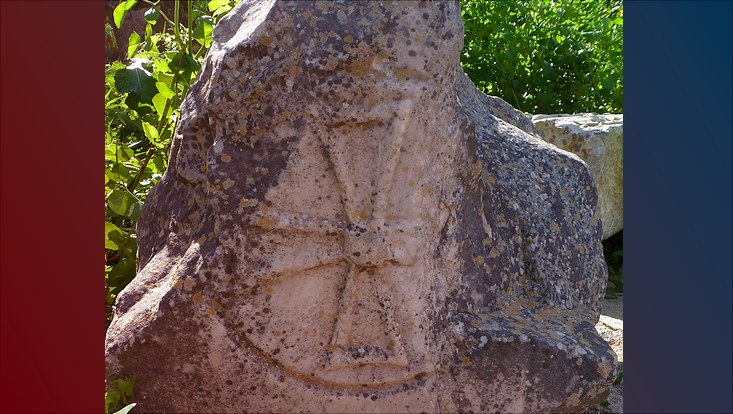How to read late antique inscriptions in North Africa?, May 6, 2021

Click here for the whole program of the workshop.
Dr. Elisa Pallottini (Università "G. d’Annunzio" Chieti-Pescara / Universiteit Utrecht) has her research interests in the analysis of written cultures mainly in connection to Latin Christianity. She is Research Assistant in Latin Palaeography and Medieval Epigraphy at the D’Annunzio University of Chieti-Pescara, were she is currently working on the publication of two volumes in Insciptiones Medii Italiae (saec. VI-XII). Before among others she worked in the NOW-VIDI project “Mind over Matter. Debates about relics as sacred objects, c. 350-1150” at Utrecht University (2014-2017) and was Research Assistant in Latin Palaeography at the Sapienza University of Rome (2013-2014) as well as Postdoctoral Researcher in Medieval Epigraphy at the University of Poitiers in collaboration with the Centre for Advanced Studies in Medieval Civilization - CESCM (2012-2013).
Dr. Morgane Uberti (Université Bordeaux Montaigne / Freie Universität Berlin) focuses her research on epigraphic habits and writing practices from late antiquity to early Medieval period. In her doctoral thesis from the Univeristé Paris-Sorbonne (2014) she asked about the place of epigraphic practices in late antique Gaul. For the last years she dedicated her personal research to the question of the writing of time, focusing especially on Hispanic inscriptions in order to address the awareness and experience of time over the ‘longue durée’. Most recently she took the possibility to work about the relationship between time and power, at her fellowship in the RomanIslam Center at Hamburg (2020) and the fellowship at Freie Universität Berlin (2021).
Dr. Bruno Pottier (Centre Camille Jullian /Université d’Aix-Marseille) focuses in his research on the Historia Augusta as well as on religious conflicts (Donatism, Circumcellions) and banditry in rural areas of late antique North Africa. This was also the topic of his PhD thesis (2004), which is currently in preparation for publication. He is member of the Centre Camille Jullian where he works on the history and archaeology of North Africa also from an epigraphical point of view. At the moment he is working at a translation of the Theodosian Code undertaken by the association THAT (Textes pour l'Histoire de l'Antiquité tardive), formerly GDR 2135 of the CNRS, this shows his interest in antique law and in the political and religious orientations of pagan senators in late antiquity
